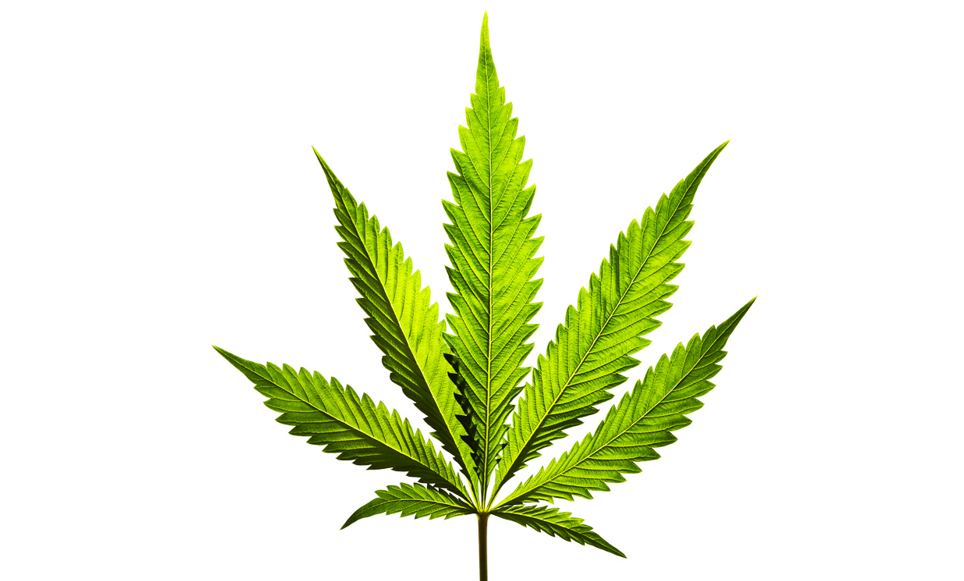U.S. Citizenship and Immigration Services (USCIS) reminded its officers this week that violation of federal controlled substance law, including for marijuana, is still a basis for denying naturalization. This is true, even if such activity is not unlawful under applicable state or foreign law.
Generally, USCIS will deny naturalization if an applicant has been convicted of or admits to violation of federal, state, or foreign law related to controlled substances within five years. This includes possession of marijuana or related paraphernalia.
A number of states and the District of Columbia (D.C.) have enacted laws permitting “medical” or “recreational” use of marijuana. Canada also has legalized marijuana. But marijuana remains classified as a “Schedule I” controlled substance under the federal Controlled Substances Act. Schedule I substances have no accepted medical use pursuant to the CSA. Classification of marijuana as a Schedule I controlled substance under federal law means that certain conduct involving marijuana, which is in violation of the CSA, continues to constitute a bar to meeting the “good moral character” requirement for naturalization, even where such activity is not a criminal offense under state or foreign law.
The U.S. Department of Homeland Security has reiterated:
Although medical and recreational marijuana may be legal in some U.S. States and Canada, the sale, possession, production and distribution of marijuana or the facilitation of the aforementioned remain illegal under U.S. Federal Law.
CBP Statement (Oct. 2, 2018)
The CSA criminalizes possession, manufacture or production, or distribution or dispensing of marijuana. For example, possession of marijuana for recreational or medical purposes or employment in the marijuana industry may constitute conduct that violates federal controlled substance laws. Depending on the specific facts of the case, these activities, whether established by a conviction or an admission by the applicant, may preclude a finding of good moral character. Note that even if an applicant does not have a conviction or make a valid admission to a marijuana-related offense, he or she may be unable to meet the burden of proof to show that he or she has not committed such an offense, according to the USCIS Policy Manual.
There is an exception. Good moral character may still be proven despite a single offense of simple possession of 30 grams or less of marijuana. This exception is also applicable to paraphernalia offenses involving controlled substances as long as the paraphernalia offense is “related to” simple possession of 30 grams or less of marijuana.
Separate laws, not discussed here, prohibit admission to the country and require deportation from the country for certain drug offenses, and of certain drug abusers and addicts.


Leave a Reply